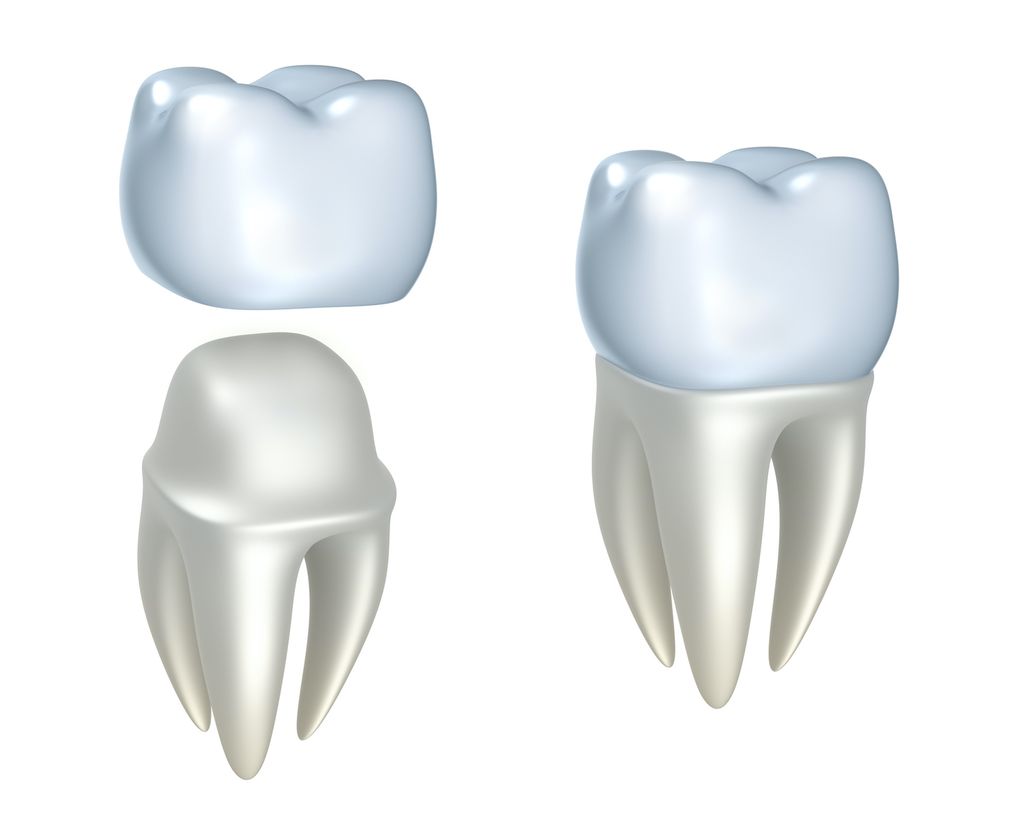In the realm of restorative dentistry, dental crowns hold an esteemed position due to their efficacy in protecting vulnerable teeth. A common recommendation by dentists, these ceramic caps shield damaged teeth from external threats while preventing further deterioration.
Though this treatment can prove advantageous in many ways, how can you tell if a dental crown will suit your smile? A dentist will evaluate your tooth to confirm treatment with a crown is the best option. You can learn more about dental crown treatment eligibility when you read on.

The Role of Dental Crowns in Restorative Dentistry
A dental crown is a restorative dental tool that can offer a variety of uses when restoring and enhancing your dental health. If any of the following dental benefits seem relevant to your oral health needs, ask your dentist about this treatment.
- Replacing thinned tooth enamel: a dental crown can replace lost or damaged enamel. This covers exposed dentin, alleviating sensitivity pain and other unpleasant symptoms.
- Repairing tooth breakage: crowns repair broken teeth, thus preventing potential oral infections and associated concerns.
- Whitening stained teeth: covering discolored tooth with a stain-resistant, durable crown achieves long-lasting cosmetic enhancement along with a natural-looking finish thanks to custom-made design.
- Covering teeth after oral surgery: crowns can serve as a protective cover after root canal therapy or as a prosthetic tooth in a dental implant.
Determine Your Eligibility for Dental Crown Treatment During a Consultation
To better understand if you require a dental crown, you should know that dentists typically recommend it for strengthening teeth, especially when not much of the natural structure of the tooth remains. However, a minute amount of structure will be needed for the ceramic cap to fit over. The crown will seal over the natural tooth using dental cement, ensuring a secure fit.
Your dentist’s primary concern aligns with yours – maintaining your oral health while ensuring a bright smile. Remember, every patient’s situation is unique. Therefore, consultation with your dentist remains crucial when considering any form of restorative treatment, including dental crowns.
A dentist will also examine the health of the tooth before proceeding with dental crown treatment. The tooth will need to be free of decay and other issues to remain healthy enough to support this fixture.
The dentist may need to treat a cavity in a tooth before giving you a crown. They may suggest obtaining x-ray imaging of the tooth to confirm its internal health.
Sometimes, a dentist might suggest alternative treatments for the tooth. Minor cracks or chips may be fixed using cosmetic dental treatments rather than the lengthier process of getting a crown. Patients with more extensive damage to a tooth, including a fracture that extends below the gums to the tooth’s root, might need a tooth extraction.
Your dentist will prioritize your long-term oral health as well as the preservation of your natural dental structure when determining a dental treatment plan. Learn more about what to expect with dental crown treatment when you give your dentist a call.
